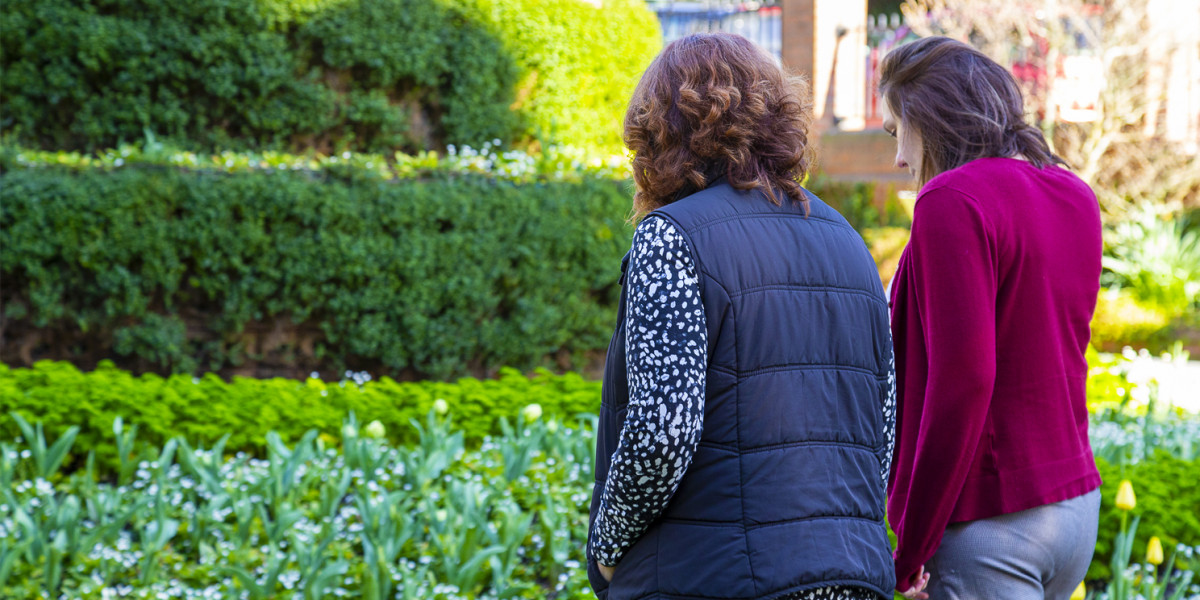I’ve been thinking today what a tough time partners, family and friends of a person with cancer have – the huge emotional burden, the financial juggling, the new roles to take on, dealing with the unpredictability of cancer.
‘When will we get that appointment, and how will we get there’?
‘When can we fit in an appointment with the kids’ teachers to talk about what’s happening to their Dad’?
‘What will I cook today that they might actually feel like eating’?
‘How can I cope with these up and down emotions?’
Cancer doesn’t fit easily into an already busy schedule. It can upend anyone’s life and disrupt normal ‘getting on’ in the most powerful ways.
Talking it through, emailing, blogging – these are all ways of telling your story. Sharing your story really helps many people carry on. In return, many people say how much better they feel after this.
Sometimes, just knowing that what you’re feeling is normal can really help. Reading something that echoes that, plus gives some handy tips, can be useful.
Self-care for supporters is vital.
Focus on the basics – eating well, exercising regularly, and getting enough sleep. Add in a good dose of distraction, like coffee with a friend, a film or book (even better if it’s funny – humour is powerful medicine).
Going to work – financially essential for many – can be a good way to help you feel more in control. If you can, talk to your boss about what’s going on for you. Then together you can come up with a plan that allows you to keep working while caring for your loved one.
These are all good strategies to give you some ‘normal’ space and keep you connected.
For more information check out our Cancer Society booklet Supporting someone who has cancer or contact us on 0800 22 77 44 and ask to speak with a supportive care nurse.
This story was written by Cancer Society information nurse Julie Holt and was first published at Cancer Chat NZ.

